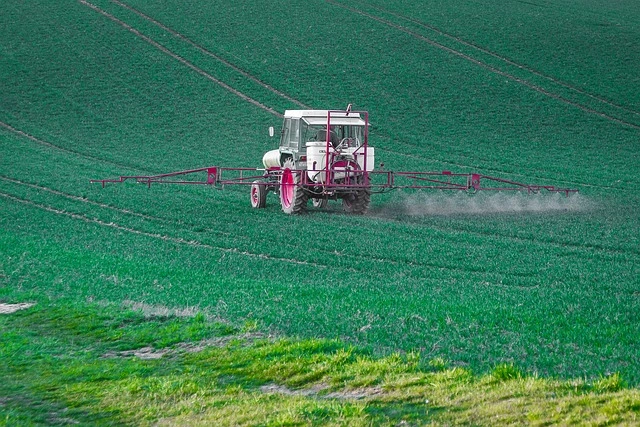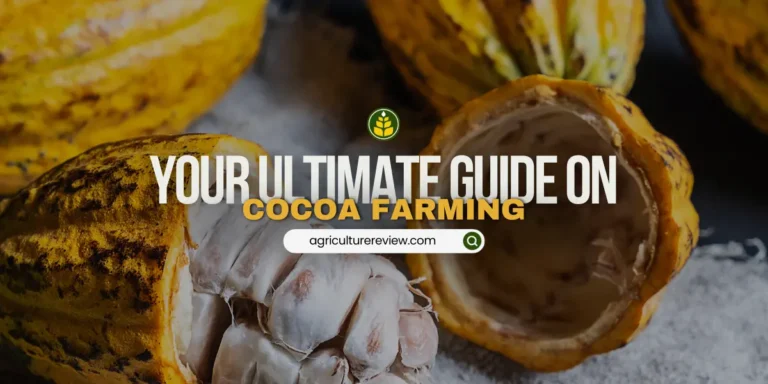If you are practicing organic farming, then you must be knowing that controlling pests is a challenging task. Well not anymore, all thanks to Beauveria bassiana, an entomopathogenic fungus that is used as a bioinsecticide to destroy hazardous pests in agriculture. It is bio-degradable, non-poisonous to humans, eco-friendly and cost-effective.
Bioinsecticide derived from the fungus Beauveria bassiana is an effective alternative to chemical pesticides that contaminate soil bodies and affect human health. It is considered one of the most potent biological control agents against a wide range of agricultural pests.
During the 19th century, a French scientist “A. Bassi” while working on a silkworm disease called Muscardine found out that Beauveria bassiana is the causal organism of the Muscardine disease in silkworms. It forms powdery white conidial masses, therefore it is also known as “Sugar Icing Fungus.” When pests come in contact with conidial pores, they get infected with this fungus.
It acts as a parasite on pest bodies. When pests come in contact with the spores, they attach themselves to the cuticle of the pest. Within 3 to 5 days, these spores propagate rapidly forming structures called hyphae inside the pest’s body which ultimately results in death of the pest.
Depending on the variety of strains, this bioinsecticide can be effective in controlling mealybugs, aphids, whiteflies, thrips, termites, beetles, caterpillars, etc.
Uses Of Beauveria Bassiana In Agriculture
- Integrated Pest Management: It acts as a control agent for a wide range of agricultural pests. Therefore, it can be integrated into IPM programs alongside other control methods like cultural practices and biological controls to control pests effectively.
- Organic Farming: This fungus can be used in organic farming for controlling pests as it’s an approved substance in many organic certification programs. It helps organic farmers manage pests without using synthetic chemicals.
- Reucing Chances Of Resistance Development: Overuse of chemical pesticides results in the development of resistance against pesticides in insects. It offers an alternative mode of action, reducing the risk of resistance development in pest populations.
- Soil Pest Control: Some strains of this fungus is helps control soil-dwelling pests larvae, such as grubs and caterpillars that feed on plant roots.
- Seeds Treatment: Farmers can use it to treat seeds to prevent them from pests during their early growth stages.
- Biopesticide: Strains derived from this fungus are used to prepare bioinsecticides that are effective in controlling a wide range of pests such as caterpillars, mealy bugs, termites, grubs, whiteflies, jassids, thrips, aphids, beetles, mites, Leaf folder, Stem borer & Fruit borer.
- Range of Crops: It can be used to control pests in wide range of crops. You can use it on wheat, corn, peanuts, soybeans, sweet potatoes, onions, garlic, sugarcane, coffee, tea, potatoes, leeks, eggplant, peppers, tomatoes, chilly, brinjal, cucumbers, apples, pears, apricots, plums, cherries, pomegranates, mangoes, litchi, guava, jujube, etc.
How To Use Beauveria Bassiana?
As Foliar Spray: To use Beauveria bassiana, mix 10 grams of powder in 1 liter of water. Mix it thoroughly until the lumps are broken completely. During evening hours, you can spray on foliage parts on the infected crop. Make sure to spray immediately after mixing the powder with water as the spore remains active only for a short period.
As Soil Application: For applying in the soil, mix 100 grams of the powder and 15 Kilograms of organic manure or soil. Apply this mixture evenly over the soil to control pests.
I hope you have now understood uses of Beauveria bassiana in agriculture, if you have any doubt, ideas or queries, then you can connect with us by commenting below.







I want to involve technically to agri and gardening
All The Best!